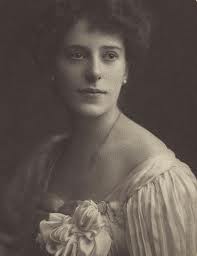
In an age where women entered the field of journalism in significant numbers, only to be largely marginalized in “women’s issues” or to force attention only through the short-lived craze of stunt reporting, Rachel Beer’s ascent to editor of not only one, but two newspapers was a marvelous feat. Beer was born a Sassoon, one of the fabulously wealthy Jewish families whose entry into Victorian high society was facilitated by the Prince of Wales’s love of splendor. However, Rachel broke with tradition, and faced near exile from her family, when in 1887 she married Frederick Beer and converted to Christianity. Granted, Frederick Beer’s family were of Jewish descent, but the act of marrying out of the faith and the family was unconscionable, and the only contact she retained was her brother Alfred (father of WWI poet Sigfried Sassoon), who also married a Gentile.
One can only imagine Rachel’s isolation, but she found solace in her husband and in his support of her desire to be more than a pretty ornament. In the growing turmoil of late Victorian British society, Rachel’s political views verged on socialism; “[s]he wanted equality for women, she was an advocate of trade unionism, suffrage for women and a universal state pension.” The outlet–her husband’s family newspapers–she chose was not revolutionary by the 1890s, but her installment as editor of The Observer in 1891 was. The Observer was a liberal paper, and Britain’s oldest Sunday paper, and under the hand of Rachel Beer, its reputation was strengthened.
One of Rachel’s scoops was the championing of Alfred Dreyfus, whose trial and accusation of espionage was one of the great scandals of Belle Epoque France. British papers largely ignored “l’affaire Dreyfus“, so Rachel’s stance was radical and placed her support of Jewish causes and even an interest Zionism at the forefront of her paper’s agenda. She was also the editor of the Sunday Times (acquired ca 1893), and successfully ran two of Britain’s venerable Sunday papers for most the last decade of the 19th century.
However, through all of this, Rachel’s husband Frederick came down with tuberculosis, and Rachel’s desperate ideas for treatment proved futile. Frederick died in late 1901, aged 43, and Rachel returned to editing her papers, only to collapse with grief. Her family stepped in at this point, not to help her, but to have her declared insane. All of Rachel’s accomplishments and even control of her wealth, disappeared overnight, and she spent the remaining years of her life cared for by three mental-health nurses in her brother’s house in Tunbridge Wells. Her papers were purchased by Alfred Harmsworth of the Daily Mail, and when she died in 1927, her family had her buried in unconsecrated ground, denying her the plot placed beside her husband in the Beer family mausoleum in Highgate Cemetery. But the Sassoons had already erased Rachel’s story from the annals of history long before they treated her as an outcast even in death. Fortunately, her story has been revived after over eighty years, and you can read more about Rachel’s life in the new release, The First Lady of Fleet Street: The Life of Rachel Beer: Crusading Heiress and Newspaper Pioneer by Yehuda Koren & Eilat Negev
Further Sources:
Witness: Rachel Beer – First Lady of Fleet Street – BBC iPlayer
Rachel Beer: Fleet Street’s first woman editor – The Jewish Chronicle
The Real First Lady of Fleet Street – The Guardian
The life and death of Rachel Beer, a woman who broke with convention – Haaretz Daily Newspaper
The woman who smashed the glass ceiling – The Daily Mail
The First Lady of Fleet Street – Virtual Victorian
JEWISH BOOK WEEK: Story of Rachel Beer, the unlikely national newspaper editor – Camden New Journal

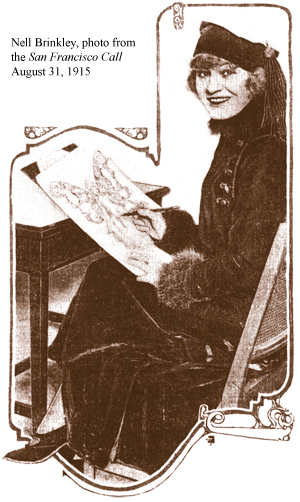
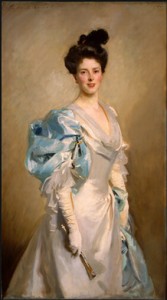
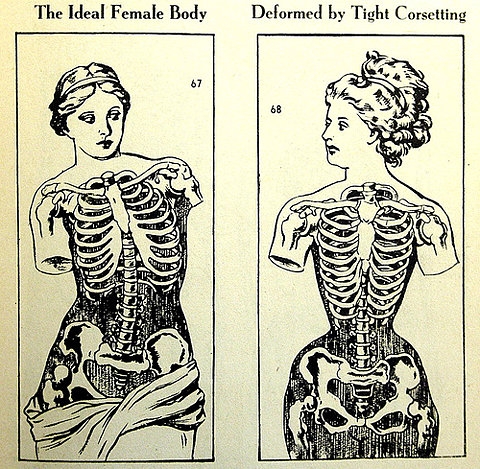
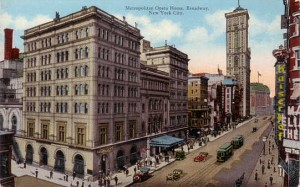
Rachel Sassoon Beer was one of those amazing and successful women who, managed to carve a professional career for herself. Of course she had a head start – she was from a wealthy family and she married into a wealthy family. And of course it all ended in loneliness and tragedy, but that was always going to happen to bold and successful women.
Isn’t it interesting that British papers largely ignored the Dreyfus Affair, even though Zola fled to Britain and Esterhazy lived the rest of his sleazy life in splendid comfort in Britain. I would have hoped that British journalists would have had a vital interest in exposing evil in other nations’ politics, especially France’s.
@Hels I presume the British press were largely unconcerned with the Dreyfus case because he was Jewish (and not a Rothschild), and because France was rocked by so many political scandals between the 1880s and mid-1890s, what was the fuss?
Ah, Evangeline, thanks for this article. I love reading about women who were pushing the boundaries like Rachel and Mrs. Frank Leslie in New York.
@Elizabeth – I agree!